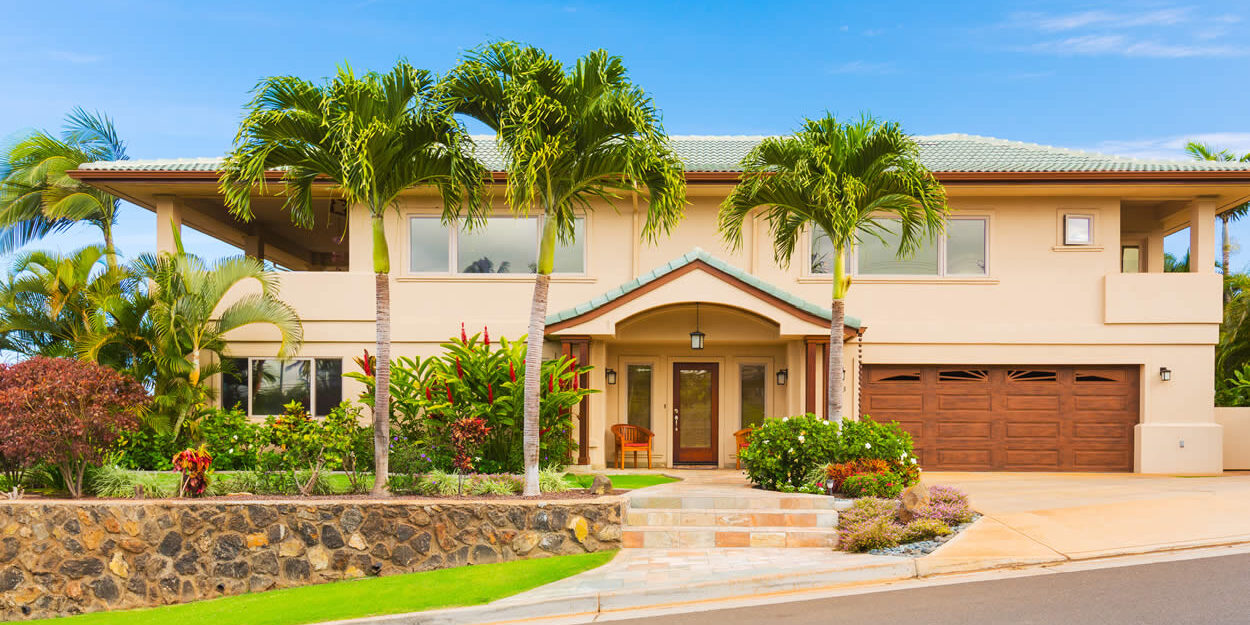Homeowners insurance is not just a requirement—it’s a crucial shield against financial catastrophe in the face of unexpected events. However, the cost of this protection can vary significantly based on various factors, from the size of your home to the insurance company you choose. Here’s a comprehensive guide to help you save money while ensuring your home and assets are adequately protected.
1. Shop Around for the Best Deal
The price of homeowners insurance can vary widely between companies. It pays to compare quotes from multiple insurers to find the most competitive rates. Websites like III.org offer tools to compare prices charged by major insurers, while also providing information on customer complaint ratios and financial health ratings of insurers. It’s crucial to balance cost with quality of service—opt for insurers known for responsive customer support and hassle-free claims processes.
2. Consider Raising Your Deductible
Your deductible is the amount you pay out-of-pocket before your insurance coverage kicks in. Increasing your deductible can lower your premium significantly. However, make sure you can comfortably afford the deductible amount in case of a claim. Additionally, if you live in an area prone to natural disasters, understand any separate deductibles that may apply to such events.
3. Bundle Your Policies
Many insurance companies offer discounts if you purchase multiple policies from them, such as combining your homeowners and auto insurance. Before bundling, compare the combined price with buying policies separately from different insurers to ensure you’re getting the best overall deal.
4. Make Your Home Disaster-Resistant
Investing in home improvements that make your property more resistant to disasters can not only protect your home but also lower your insurance premiums. Measures such as installing storm shutters, upgrading to shatterproof glass, and reinforcing your roof can mitigate risks and qualify you for discounts with insurers.
5. Insure Your Home Based on Rebuilding Costs
Your homeowners insurance should cover the cost to rebuild your home, not its market value. Avoid including the value of the land in your coverage calculation, as this can unnecessarily inflate your premium.
6. Inquire About Security Discounts
Most insurers offer discounts for homes equipped with security devices like smoke detectors, burglar alarms, or dead-bolt locks. Verify which systems qualify for discounts and consider investing in them to lower your insurance costs.
7. Explore Available Discounts
Insurance companies often provide discounts based on various criteria, such as age, retirement status, or home upgrades like modernized plumbing or electrical systems. Ask your insurance professional about all available discounts that you may qualify for.
8. Investigate Group Coverage Options
Employers, professional associations, alumni groups, and other organizations sometimes offer group insurance packages at reduced rates. Compare these offers with individual policies to determine which provides the best value for your needs.
9. Loyalty Discounts
Staying with the same insurer for an extended period can sometimes earn you a loyalty discount. Periodically review your policy and compare it with other insurers to ensure you’re still receiving competitive rates.
10. Review and Adjust Annually
Regularly review your policy coverage to ensure it reflects any changes in your home’s value or contents. Update your inventory of possessions and adjust your policy limits accordingly to avoid overpaying for coverage you no longer need.
By implementing these strategies, you can optimize your homeowners insurance coverage to suit your needs while minimizing costs. Remember, the goal is to strike a balance between affordability and comprehensive protection for your home and belongings.
If you have any questions or need assistance in reviewing your coverage options, feel free to reach out to your Reale agent for personalized guidance or call 239-748-4956.



